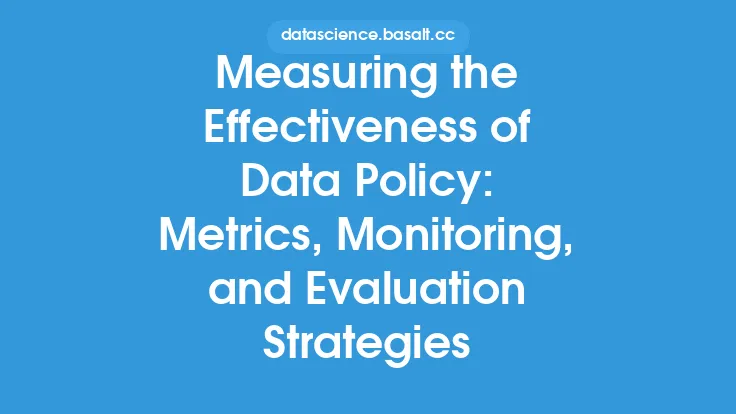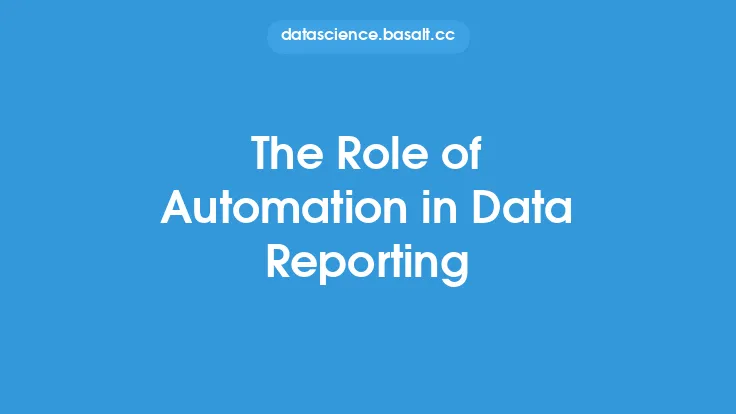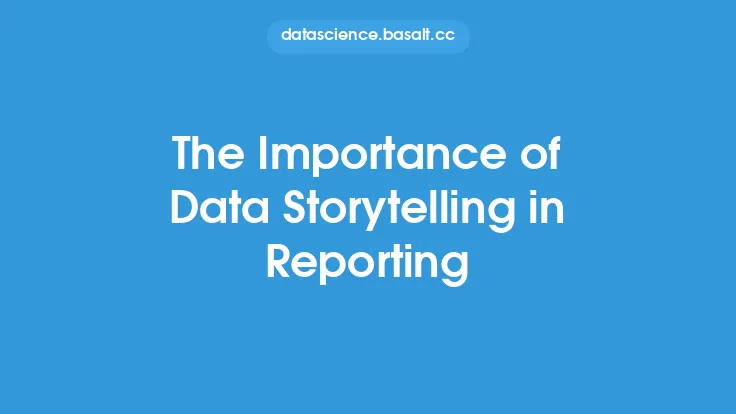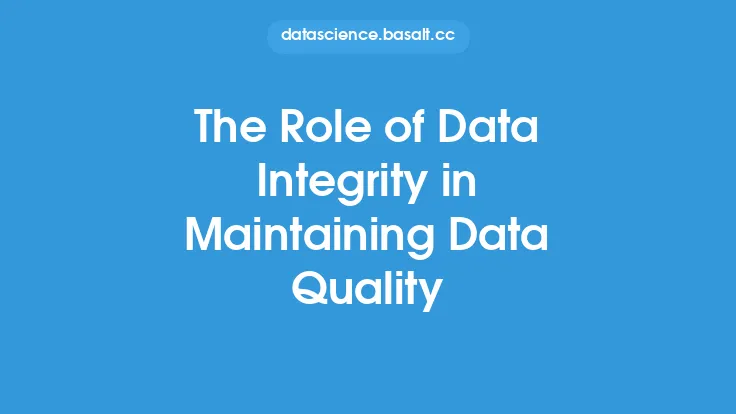To determine the effectiveness of data reporting initiatives, it's essential to establish clear goals and objectives from the outset. This involves identifying the key performance indicators (KPIs) that will be used to measure success, such as increased revenue, improved customer satisfaction, or enhanced operational efficiency. By setting specific, measurable, achievable, relevant, and time-bound (SMART) goals, organizations can create a roadmap for their data reporting initiatives and ensure everyone is working towards the same outcomes.
Key Performance Indicators (KPIs)
KPIs are quantifiable measures used to evaluate the success of an organization, employee, or process. In the context of data reporting, KPIs might include metrics such as data quality, report adoption rates, or the number of insights generated from the data. By tracking these KPIs, organizations can assess the impact of their data reporting initiatives and make data-driven decisions to improve their strategies. It's crucial to select KPIs that align with the organization's overall objectives and to regularly review and adjust them as needed.
Metrics for Evaluation
Several metrics can be used to evaluate the success of data reporting initiatives. These include usage metrics, such as the number of users accessing reports or the frequency of report views, as well as metrics related to data quality, such as data accuracy, completeness, and timeliness. Additionally, organizations may want to track metrics related to the business impact of their data reporting initiatives, such as return on investment (ROI) or the number of business decisions made using the insights generated from the data.
Data Quality Assessment
Data quality is a critical aspect of data reporting, as it directly affects the accuracy and reliability of the insights generated. To assess data quality, organizations can use metrics such as data completeness, data accuracy, and data consistency. They can also conduct regular data audits to identify and address any data quality issues. By ensuring high-quality data, organizations can trust the insights generated from their data reporting initiatives and make informed decisions.
Stakeholder Engagement
Stakeholder engagement is vital to the success of data reporting initiatives. This involves identifying the key stakeholders who will be using the reports and ensuring that their needs are met. Organizations can engage with stakeholders through regular feedback sessions, surveys, or focus groups to understand their requirements and preferences. By involving stakeholders in the development and refinement of data reporting initiatives, organizations can increase adoption rates and ensure that the insights generated are relevant and actionable.
Continuous Improvement
Data reporting initiatives are not a one-time effort but rather an ongoing process that requires continuous improvement. Organizations should regularly review their data reporting strategies and make adjustments as needed. This involves staying up-to-date with the latest trends and technologies in data reporting, as well as monitoring changes in the organization's goals and objectives. By embracing a culture of continuous improvement, organizations can ensure that their data reporting initiatives remain effective and continue to drive business value over time.





